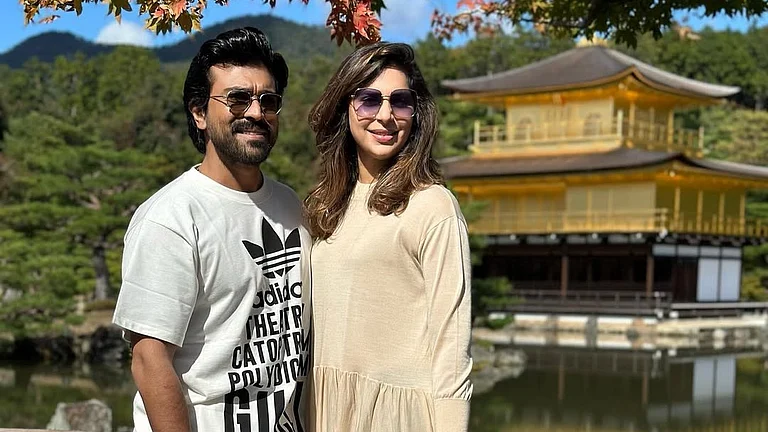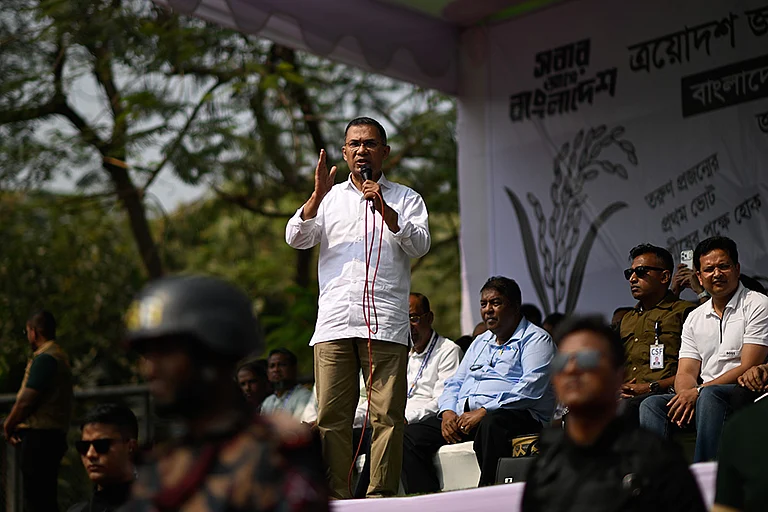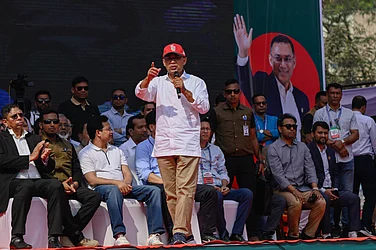History tells us that much of the struggle for liberty has been underlined by keeping the religious institutions separate from state functions. Separation of Church and state has been at the root of the reformist movement in Europe. Modern democracies strive to underline the need to keep the state “secular”.
That essentially means that the state -- which includes any instrument of state or any government -- shall not do anything to either to support any particular religion or to hinder its practice. In India, the Constitution was amended in 1976 (during Emergency) to add the word “secular” in its Preamble. It has remained there along with the word “socialist” despite some discussions to change it.
But in spirit, the Indian Constitution is secular. India has no state religion. Separation of state and religion means that it has a similar approach to all religions, preserving the citizen’s right to practice any of its forms, as long as such practice does not fall foul of other rights.
Any attempt by any government – and there have been many – to either support a religion or interfere with its practice should therefore be deemed to be against the Constitution. Giving money directly for improving the practice of a religion would take us on the sliding road to intervention in the religious area.
By deciding to increase the money given to Puja pandals across the state from Rs 10,000 last year to Rs 25,000 this year, the Mamata Banerjee’s government in West Bengal has struck against the shaky edifice of secularism in the country. Although, the cash-strapped government would incur a cost of Rs 70 crore for a religious activity, it is not the amount, but the principle which has come under attack. It was wrong last year, and it’s wrong this year.
Of course the Hindutva practitioners, who often accuse Mamata Banerjee of appeasing Muslims would be very happy, because the money is going to support the Hindu religion. Where support takes the form of state function, like providing security at a religious event, it has some justification. But any direct support to any religion should be opposed.
The lack of much protest against Mamata Banerjee’s move indicates that the concept of secularism can easily be frayed by opportunistic politicians. Mind you, Mamata is not alone in supporting religion. Not only the party in power – the Bhartiya Janata Party, which takes its many cues from the Hindu religion – but the Congress -- which has ruled for a majority of the years since Independence -- has no strong views on this, although the latter does manage to give lip service to secularism.
You have to see how Haj pilgrims are supported or Amarnath Yatris helped. In the Ardh Kumbh Mela earlier this year, the Adityanath government in Uttar Pradesh went out of its way to provide funds for an essentially religious function. The Supreme Court has defined secularism as equal treatment to every religion. But unless the courts define detailed parameters about what is acceptable and what is not in a secular society, the nation would slide towards some kind of a proto-religious existence, enthusiastically helped on the way by party in power at the Centre.


























